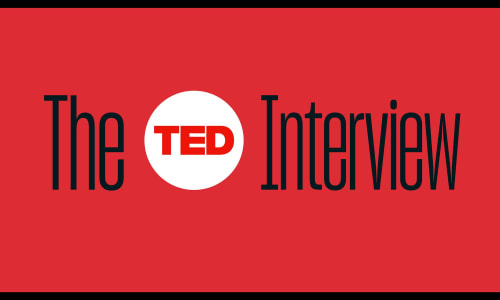See all The TED Interview transcripts on Tedtalk

The race to build AI that benefits humanity with Sam Altman (from April 2021)
1 hours 9 minutes 14 seconds
🇬🇧 English
Summaries Topics Transcript Chapters Titles Socials Twitter Blog Post Newsletter Quotes Quizzes Ask ChatGPT

Omnivision Solutions Ltd